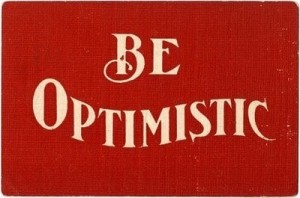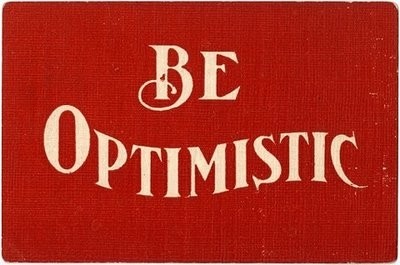Adapted from The Trouble Maker’s Teaparty by Charles Dobson
One largely overlooked cause of low levels of staff and volunteer motivation is the internal dynamics of organizations. Development organizations can be more effective if their members pay attention to what can go wrong inside a group and take steps to keep people engaged and committed.
Keep your emphasis on the mission, not on the organization. Hoping to become more efficient, even small organizations can become little bureaucracies that drain everyone’s energy. So much effort can go into maintaining the organization that there is little time left to pursue the reason for creating an organization in the first place. Be aware that creating a board, strategic planning, writing grant applications and reports, and fundraising can take away precious time and energy from the most important work at hand—which is serving people.
More action. Less meetings. Most people would prefer to act on something concrete rather than sit at a meeting to talk about an issue. Some meetings are necessary of course, but try to keep frequency down, the purpose known ahead of time, the length short, and the number of participants small.
 More creating. Less judging. Every group needs to generate options for action. To do this well, participants need to not only identify where improvement could be made, but brainstorm the possible solutions. Unfortunately, when people get together for a meeting they usually switch on their “Voice of Judgment” in preparation for decision making. If they remain in this critical frame of mind, they will generate few options for action, little will get done, and no one will have any fun.
More creating. Less judging. Every group needs to generate options for action. To do this well, participants need to not only identify where improvement could be made, but brainstorm the possible solutions. Unfortunately, when people get together for a meeting they usually switch on their “Voice of Judgment” in preparation for decision making. If they remain in this critical frame of mind, they will generate few options for action, little will get done, and no one will have any fun.
Match resources with realistic goals. People who are invested in helping people or changing the status quo are often driven and ambitious people. But shortages of money and time often begin to squeeze organizations’ goals and leave people feeling distraught. Especially grassroots leaders, staff, and volunteers can burn out, trying to do more and more themselves on the ground. No matter the size of an organization, a lack of resources does not mean giving up. It means inventing clever ways to use time, connections, and skills. Most important, it means matching notions of what you can do to the resources you have available.
Encourage more contact. It is hard for people to maintain a working relationship if they rarely see one another. Once a week also fits the way people schedule other activities. Once a month is usually the minimum. If regular face-to-face contact is difficult, regular phone calls or email may work as a substitute.
Have more fun. People who take themselves too seriously can turn any task into a chore. Getting together should feel more like recreation than work, no matter how serious the issue. Those who understand citizen participation emphasize the importance of having fun over all other considerations.
Source: The Troublemaker’s Teaparty: A Manual for Effective Citizen Action by Charles Dobson, adapted from www.kubatana.net

